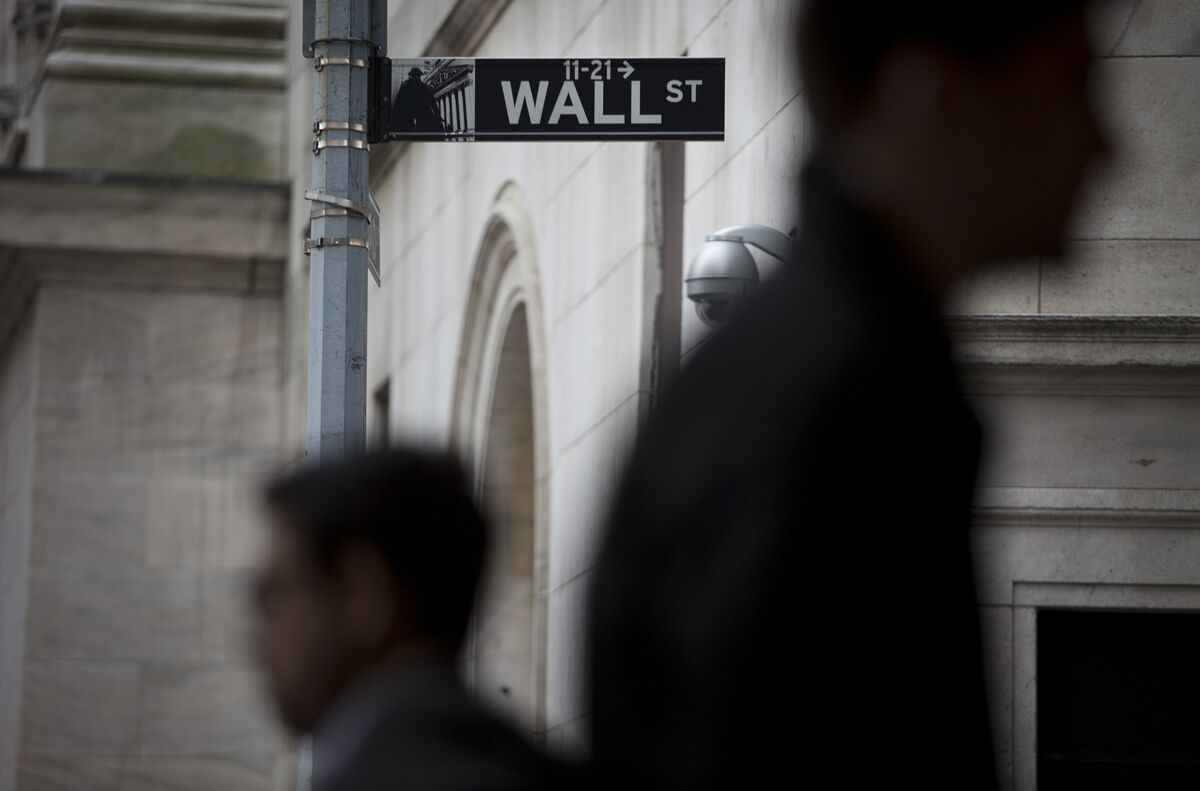
Worried that American CEOs will blow their big tax windfall on share buybacks? A theory circulating on Wall Street says don’t be: Soaring valuations and a buoyant economy are making the tactic passé.
If only it were that simple.
“We’re in front of a major tax reform that will increase the amount of cash that corporations have,” said Tim Ghriskey, chief investment officer at Solaris Asset Management. “I know that Republicans believe that the extra money is going to be used to stimulate growth. I don’t think so.”
The theory that corporate America is losing its taste for repurchases has its roots in a striking phenomenon. S&P 500 companies have purchased $568 billion of their own shares in 2017. While hardly a pittance, it’s down 10 percent from a year ago and on pace to be the first decrease since 2008 in data compiled by Birinyi Associates.
That’s caused ears to perk up --- paring buybacks in the middle of a bull market is virtually unprecedented. In the two prior economic cycles, it took full-blown recessions to convince companies to rein in repurchases. Measured in dollars, buybacks expanded for eight straight years before reversing in 2000, and four years before 2008.
Other market trends have instilled hope that even shareholders are getting sick of the tactic and would prefer to see the money plowed back into businesses. For one thing, shares of companies doing the most capital spending are beating those with an emphasis on buybacks and dividends by almost 2-to-1 in the S&P 500 Index this year, the biggest gap ever.
Then there’s the S&P 500’s price-earnings ratio, currently above 22. Could shares have become so expensive that even companies are balking at their prices? Maybe soaring valuations will deter repurchases and spur firms to spend their money elsewhere.
Says Jim Paulsen at Leuthold Group, the chief investment strategist at Leuthold Weeden Capital Management LLC: “It isn’t so much they pulled away from share buybacks. It’s that they now have more productive uses for their cash.”
Says Steven Ricchiuto, Mizuho Securities chief U. economist: “The reason why you haven’t had that much in terms of share buybacks is because the equity market has done so well. The equity market has done better because of the upticks that we’ve had in the economy in the last two quarters and that’s taken some of the pressure off of them to have to do the share buybacks.”
Not so fast, say others. One problem with these theories is that high equity valuations have never kept corporate executives from repurchasing shares in the past. During the internet bubble, the dollar amount of buybacks steadily rose for nearly a decade -- even as the S&P 500 traded at 25 times projected earnings.
To Gina Martin Adams, chief equity strategist at Bloomberg Intelligence, something else is at work in this year’s decline in buybacks. It’s the tax bill itself -- the uncertainty it’s created for companies. Adams says that last time U. companies got tax a break on overseas profits, in mid-2000s, most of the extra money was put to stock buybacks, and that’s unlikely to change this time.
It may not even be true that companies are meaningfully lightening up on repurchases, at least not broadly. Adams notes that the volume of repurchases among energy companies, which have seen their earnings drop following lower oil prices, is going down. Financials, which are recovering after regulatory pressure in 2016, are seeing an uptick.
People shouldn’t even be looking at the corporate tax reduction to 20 percent for a fix on how cash usage evolves. A much bigger factor is how pools of overseas money will be affected by the repatriation tax, according to Adams.
“What is important for the buybacks is the fact that tech companies who hold cash abroad are going to be more likely to wait to get the determination on the tax rate to figure out whether they want to bring the capital back from overseas to deploy in the form of a buyback,” Adams said by phone. “The decrease in the amount of buyback may have a lot to do with the uncertainty regarding the tax policy.


0 comments:
Post a Comment